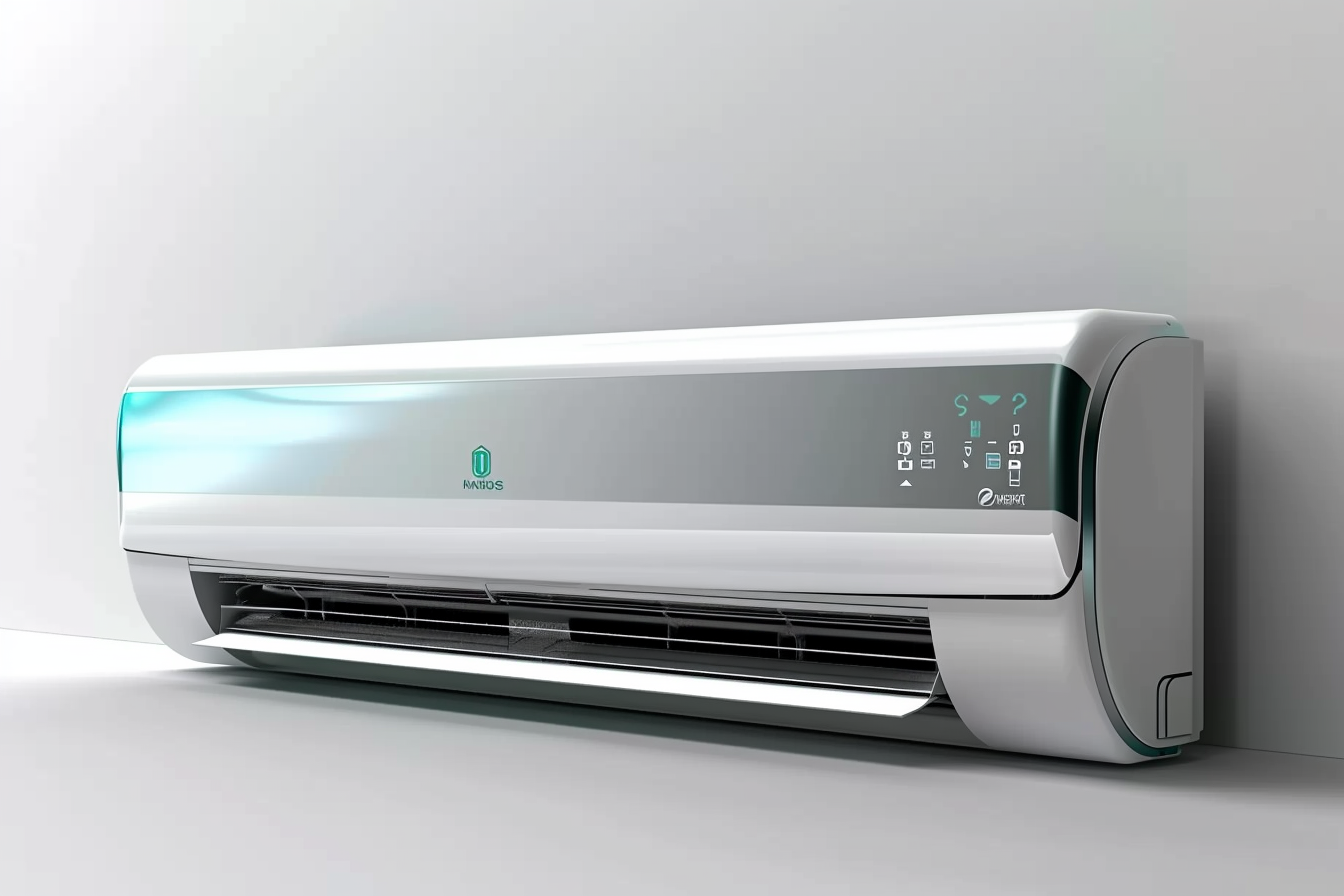Cremation Services: Understanding Options and Processes
Cremation services have become an increasingly popular choice for end-of-life arrangements in recent years. This alternative to traditional burial offers families a range of options for memorializing their loved ones while often providing more flexibility and potentially lower costs. Understanding the various aspects of cremation services can help individuals and families make informed decisions during a difficult time.

What are cremation memorial services?
Cremation memorial services are ceremonies or gatherings held to honor and remember a deceased person whose body has been cremated. These services can take many forms, from traditional funeral-like events to more personalized celebrations of life. Some common elements of cremation memorial services include:
-
Displaying the urn containing the cremated remains
-
Sharing memories and stories about the deceased
-
Playing music or reading meaningful passages
-
Creating photo displays or video tributes
-
Performing religious or cultural rituals, if desired
Cremation memorial services offer flexibility in timing and location, allowing families to plan events that best suit their needs and preferences. These services can be held immediately after cremation or delayed to accommodate travel arrangements for out-of-town family members.
How do cremation services differ from traditional funerals?
While cremation services and traditional funerals share the common purpose of honoring the deceased, there are several key differences:
-
Body preparation: In cremation, the body is not embalmed or prepared for viewing, unless a viewing is requested before cremation.
-
Casket use: Cremation typically uses a simple container or cremation casket, rather than an elaborate burial casket.
-
Timeline: Cremation allows for more flexibility in scheduling memorial services, as there is no urgency to bury the body.
-
Environmental impact: Cremation generally has a smaller environmental footprint compared to traditional burial.
-
Memorialization options: Cremated remains can be kept in urns, scattered, or incorporated into various memorial items.
-
Cost: Cremation services often cost less than traditional funerals, though this can vary depending on chosen options.
What services do cremation providers typically offer?
Cremation service providers offer a range of options to meet the diverse needs of families. Some common services include:
-
Direct cremation: The most basic option, involving cremation without a viewing or ceremony.
-
Cremation with a memorial service: Includes cremation and a separate memorial service.
-
Viewing before cremation: Allows for a brief viewing or visitation before the cremation process.
-
Witnessed cremation: Family members can be present for the start of the cremation process.
-
Assistance with paperwork: Help obtaining death certificates and other necessary documents.
-
Urn selection: Guidance in choosing an appropriate urn for the cremated remains.
-
Scattering services: Assistance with scattering ashes in designated areas or at sea.
-
Grief support: Referrals to counseling services or support groups for bereaved family members.
What factors influence cremation services cost?
The cost of cremation services can vary widely depending on several factors. Understanding these can help families budget appropriately:
-
Geographic location: Prices can differ significantly between urban and rural areas.
-
Type of service: Direct cremation is typically less expensive than cremation with additional services.
-
Urn selection: Costs can range from basic containers to elaborate custom urns.
-
Facility fees: Use of funeral home facilities for viewings or services will incur additional charges.
-
Transportation: Fees may apply for transferring the deceased to the crematory.
-
Additional merchandise: Items like memorial cards or guest books will add to the total cost.
-
Crematory fees: The actual cost of the cremation process itself.
| Service Type | Provider | Cost Estimation |
|---|---|---|
| Direct Cremation | Cremation Services Inc | $695 - $1,495 |
| Cremation with Memorial | Advantage Funeral And Cremation Services | $2,195 - $3,995 |
| Witnessed Cremation | Local Cremation Provider | $1,795 - $2,995 |
| Traditional Funeral with Cremation | Full-Service Funeral Home | $4,995 - $7,995 |
Prices, rates, or cost estimates mentioned in this article are based on the latest available information but may change over time. Independent research is advised before making financial decisions.
How can families personalize cremation memorial services?
Personalization of cremation memorial services allows families to create meaningful tributes that reflect the unique life and personality of their loved ones. Some ways to personalize these services include:
-
Choosing a significant location for the service or ash scattering
-
Incorporating the deceased’s hobbies or interests into the ceremony
-
Creating a memory table with personal items and photographs
-
Playing the deceased’s favorite music or readings
-
Asking attendees to share personal stories or memories
-
Using a custom-designed urn or memorial item
-
Planting a memorial tree or garden in honor of the deceased
-
Creating a video tribute or slideshow of the person’s life
By tailoring the service to reflect the individual, families can create a more meaningful and healing experience for all who attend.
Cremation services offer a range of options for honoring and remembering loved ones who have passed away. From simple direct cremation to more elaborate memorial services, families can choose the approach that best fits their needs, preferences, and budget. By understanding the various aspects of cremation services, individuals can make informed decisions during a challenging time, ensuring a respectful and personalized tribute to their loved ones.




